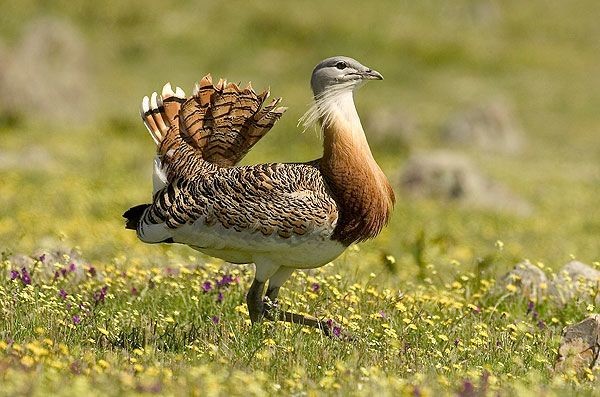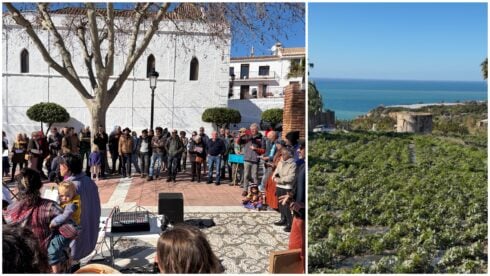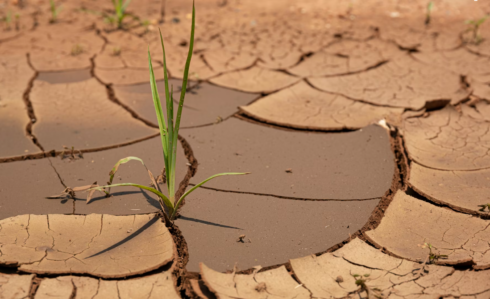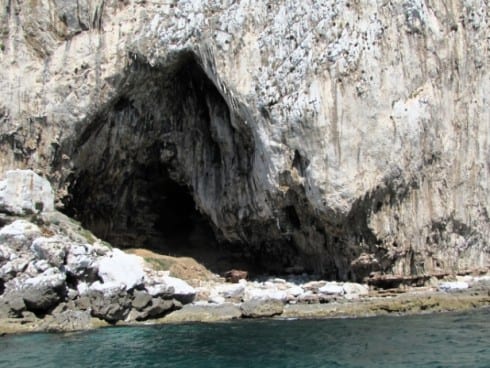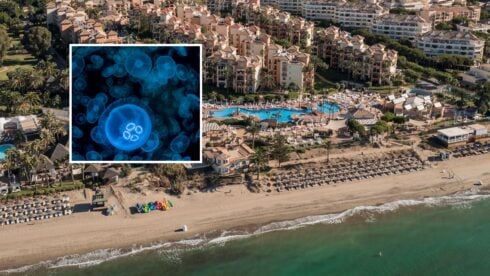THE natural habitat of several endangered bird species in Europe could be cut by half in the next century due to rising demand for olive oil and wine.
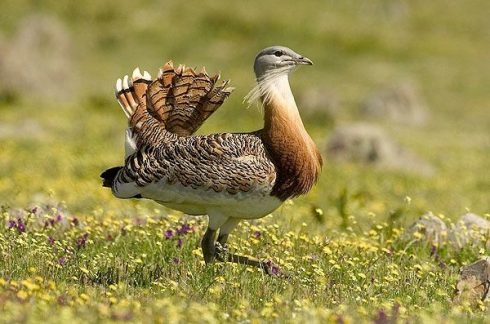
Spain consumes the most olive oil of any country in the EU, according to the World Olive Oil Exhibition. In Cantabria, residents ingest almost 14 litres per person per year.
Portugal, meanwhile, guzzles the most wine. Per capita, they consume 62 litres each year.
Agricultural land in Spain and Portugal is rapidly being repurposed by farmers to produce more of these popular products.
When the land is converted it will be less suitable for endangered bird species including little bustards, great bustards and lesser kestrels.
Previously, the land was used for the low-intensity farming of cereals. This rotating system allowed ‘agro-steppes’ to be formed in fields where the endangered birds could live.
As farmers switch to irrigated and permanent crop formations, the open landscape will dramatically change and become less habitable for this ‘at risk’ population.
The regions of Iberia studied by researchers at the University of East Anglia hold approximately a third of the world’s population of great bustards.
They are one of the heaviest flying birds alive today and can be found across Europe.
More than half the global population live in Spain, with approximately 30,000 birds calling the country home.
Click here to read more News from The Olive Press.

